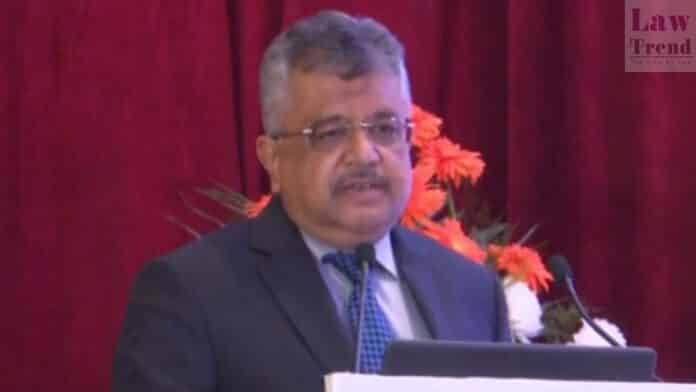During a commemorative event celebrating 75 years of India’s Constitution, organized by the Supreme Court Advocates-on-Record Association (SCAORA), Solicitor General Tushar Mehta highlighted the pivotal role of the Supreme Court in ensuring the Constitution remains responsive to the dynamic needs of society.
Mehta emphasized that the Supreme Court’s decisions have consistently adapted to social, cultural, and economic developments, thereby addressing new challenges that arise with national growth. “From recognizing education as a fundamental right to setting norms for sustainable development and non-arbitrariness, the Supreme Court has played a crucial role in evolving our constitutional framework to meet the emerging needs of our society,” he stated.
The Solicitor General pointed to significant rulings such as the one in the Shaira Bano case, where the court ended the controversial practice of triple talaq, bolstering women’s rights and marking a significant step towards eliminating gender-based discrimination.
Mehta praised the Supreme Court for being more than just a guardian of the Constitution. “It is the final interpreter and the ultimate protector of the fundamental and human rights of the citizens of this great nation,” he said. He underscored the court’s proactive approach in interpreting the Constitution to actively respond to varying challenges over time.
However, Mehta expressed concern over judicial pendency, noting that about 80,000 cases are currently pending in the apex court alone. He reiterated the importance of access to justice and recalled the Supreme Court’s 2022 observation that the original service-oriented values of the legal profession are waning. The court had urged young advocates to assist disadvantaged communities in need of legal aid.
In his speech, Mehta also called for a re-indigenization of Indian jurisprudence, stressing the need to return to legal principles uniquely suited to the Indian context, character, and social ethos. “It is imperative that we rediscover the full breadth of our legal heritage to address the specific challenges facing our nation,” he advocated.




